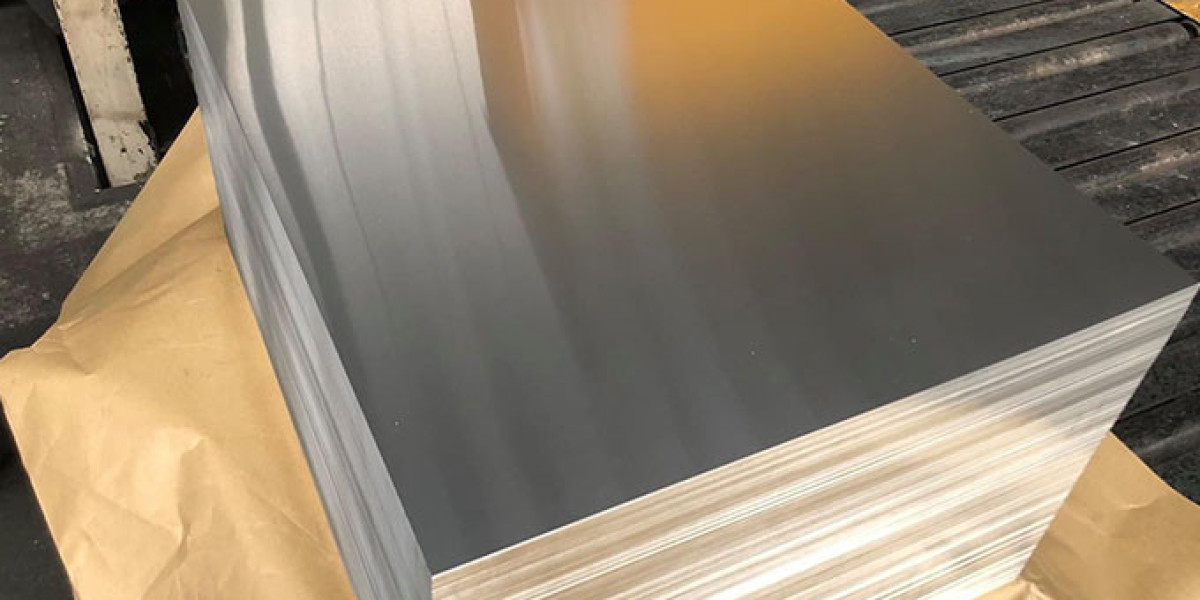When comparing a 9-gauge aluminum sheet to an 11gauge aluminum sheet, the main differences lie in their thickness, weight, strength, and intended applications. Here is a brief comparison between the two:
- **Thickness**: - 9-gauge aluminum sheet: Approximately 0.114 inches thick. - 11-gauge aluminum sheet: Approximately 0.0907 inches thick.
- **Weight**: - Since the 9-gauge aluminum sheet is thicker, it will typically be heavier than the 11-gauge aluminum sheet of the same dimensions.
- **Strength**: - Generally, the 9-gauge aluminum sheet will be stronger and more rigid than the 11-gauge sheet due to its increased thickness. This can be advantageous in applications where greater structural integrity is required.
- **Applications**: - 9-gauge aluminum sheet: Due to its thicker profile and increased strength, the 9-gauge aluminum sheet is suitable for applications requiring greater durability and load-bearing capacity, such as structural components, heavy-duty enclosures, or machinery parts. - 11-gauge aluminum sheet: The 11-gauge aluminum sheet is more suitable for applications where weight reduction is a priority, such as automotive components, lightweight structures, or decorative panels.
- **Machinability**: - Thinner sheets like the 11-gauge sheet may be easier to manipulate and form for certain fabrication processes compared to thicker sheets like the 9-gauge sheet.
- **Cost**: - Thicker sheets generally cost more than thinner sheets due to the increased material required. In summary, the choice between a 9-gauge aluminum sheet and an 11-gauge aluminum sheet will depend on the specific requirements of the application in terms of strength, weight, and cost. The 9-gauge sheet offers greater strength but comes at a higher weight and cost, while the 11-gauge sheet is lighter but may be less robust in demanding applications.








